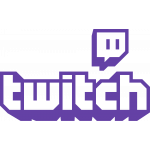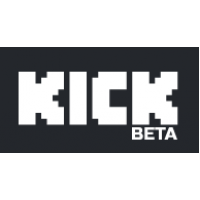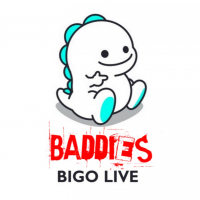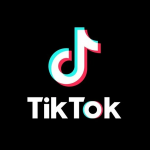How Esports Players Work with Agents and PR
A professional career in esports requires not only gaming skills but also competent management of business reputation. Qualified agents for esports players help build long-term partnerships and secure profitable contracts. Effective PR promotion of an esports player allows creating a sustainable personal brand and attracting sponsors. A modern manager for an esports player simultaneously performs the roles of negotiator, lawyer, and marketer.
Functions of an Agent in Esports and Criteria for Selection
A professional representative performs a range of tasks to protect the interests of the player. Agents negotiate esports players' contracts with organizations and sponsors. They analyze market offers and evaluate the fairness of terms. Legal expertise of contracts prevents potential risks. When choosing agents for esports players, it is important to assess work experience, reputation, and client portfolio. Specialization in specific disciplines increases the effectiveness of cooperation.
Structure of Agency Contracts and Compensation
A standard agreement with an agent regulates the rights and obligations of the parties. The typical compensation ranges from 5-15% of the player's income. Esports players' contracts with agents may include exclusive rights to represent interests. It is important to detail the list of services and the duration of the agreement. Legal support for esports players when concluding agency contracts helps avoid onerous conditions. A transparent reporting system ensures control over the representative's activities.
PR Promotion of Esports Players: Strategy and Tactics
Systematic PR promotion of an esports player includes several interconnected directions. The formation of a media image is based on the unique characteristics of the player. Regular publications in specialized media increase recognition. Participation in industry events strengthens professional authority. PR for esports players should correspond to the target audience and long-term career goals. Integration into mass culture expands influence beyond the gaming community.
Managing Personal Brand and Reputation
A successful personal brand of an esports player becomes a significant asset. Developing a unique style and identity improves memorability. Activity on social networks maintains constant contact with fans. Participation in charitable projects forms a positive image. Crisis PR for an esports player requires prompt response to negative situations. Strategic planning of brand development ensures reputation stability.
Sponsorship Contracts and Partnerships
Attracting commercial partners requires a professional approach. Esports sponsorship contracts include detailed obligations of the parties. Agents help determine the market value of the player for brands. Negotiations in esports regarding sponsorship agreements take into account media presence and the target audience. Exclusive categories in contracts prevent conflicts of interest. Constant monitoring of compliance protects the rights of the athlete.
Legal Aspects of Working with Agents and PR Specialists
Legal support for a career requires involving specialized experts. Legal assistance for esports players covers copyrights and intellectual property. Auditing contracts for compliance with legislation minimizes risks. Regulation of tax obligations ensures financial security. An international esports career requires consideration of jurisdictions in different countries. Professional lawyers help resolve disputes and conflicts.
Measuring the Effectiveness of PR Campaigns and Agents' Work
Assessment of cooperation results is based on objective indicators. Growth of media mentions reflects the effectiveness of PR promotion of the esports player. Increase in sponsorship income demonstrates successful agent work. Dynamics of social media followers shows the development of the personal brand. A manager for an esports player must provide regular reports on achieving KPIs. Comparison with competitors' metrics helps adjust the strategy.
Interaction with Esports Organizations through Agents
Player representatives act as intermediaries in relationships with teams. Negotiations in esports contracts include discussions of salaries and bonuses. Coordination of schedules for performances and obligations takes into account the athlete's interests. Resolving organizational issues through agents saves the player's time. An esports career benefits from separating playing and administrative functions. Professional representatives ensure the protection of athletes' rights.
Prospects for the Development of Agency Services in Esports
The industry continues to move towards professionalization. Standardization of esports player contracts simplifies the negotiation process. Specialization of agents in specific aspects of a career improves the quality of services. An international network of representatives expands geographical opportunities. Legal support for esports players becomes a mandatory element of a successful career. Further development of the regulatory framework will strengthen players' positions in the market.
Conclusion: A Comprehensive Approach to Career Management
Cooperation with professional agents and PR specialists has become a necessary condition for a successful career in esports. Competent PR promotion of an esports player creates a foundation for long-term partnerships with brands. Qualified agents for esports players protect financial interests and legal rights of players. Building a sustainable personal brand increases commercial attractiveness beyond gaming achievements. Professional career management allows focusing on sports results by delegating administrative and commercial matters to specialists.
Our Services for Streamers
Our Services for Content Creators











